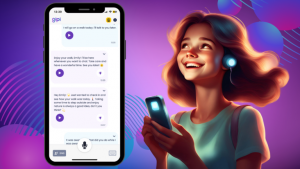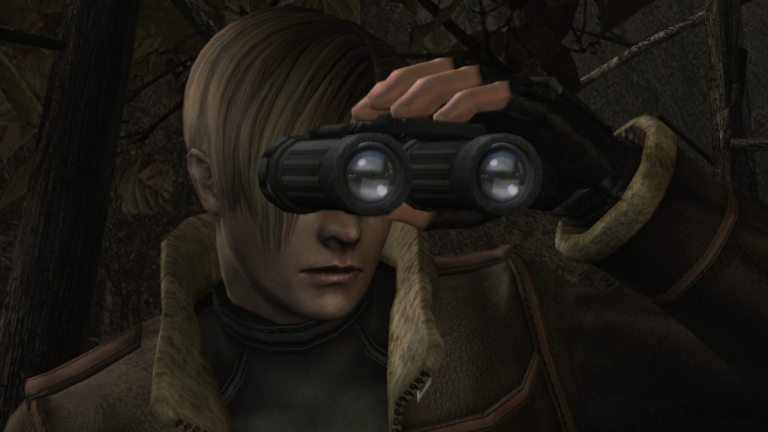The future of human work is a major concern in an era where automation and artificial intelligence (AI) are drastically changing industries.
Many fear the sweeping changes, envisioning a future where robots usurp our roles. However, this concern might be more speculative than practical.
Research indicates that the effects of AI on employment shortly won’t be appreciably more disruptive than those of automation in the past. (source)
Yet, amidst these technological advances, there remain crucial jobs that only humans can master—roles that require empathy, creativity, and interpersonal connection.
From artists to therapists, these professions rely on uniquely human traits that machines cannot replicate.
This article explores 15 such jobs, shedding light on why, despite the march of technology, human skills will remain indispensable.
1. Artist
Artists engage with their work on an emotional and sensory level, conveying complex human experiences and emotions through their art.
This ability to interpret and express human feelings in visual or tangible forms is something AI cannot achieve. The personal touch, the strokes of emotion, and the narrative behind each piece are uniquely human.
2. Writer
Writers craft stories that resonate on a deeply personal level, exploring themes of love, loss, joy, and despair. They connect with readers by conveying emotions and experiences that are intrinsically human.
Because AI lacks these fundamental understandings of human psychology and the subtleties of language, writers play an indispensable role in society.
3. Musician
Music transcends simple melody and rhythm to express the ineffable qualities of human emotion. Musicians perform with an understanding of cultural context and personal expression that robots cannot replicate.
The ability to interact with and respond to live audiences adds a layer of complexity and connection that is deeply human.
4. Graphic Designer
Graphic designers understand the subtle interplay between visual elements and human emotions. They create designs that speak to viewers on an emotional level, crafting messages that resonate and inspire.
This requires a deep understanding of human psychology and cultural symbols, which AI cannot fully grasp or reproduce.
5. Childcare Worker
The role of childcare workers extends beyond supervision to nurturing and influencing the development of young minds.
Their work requires empathy, intuition, and a personal connection that helps in the cognitive and emotional development of children. These are aspects of human interaction that cannot be programmed into a robot.
6. Counselor or Therapist
Counselors and therapists engage in deep, meaningful conversations that help individuals navigate their feelings and challenges.
This profession demands a high level of empathy and the ability to provide comfort and understanding tailored to each individual’s unique situation. These capabilities are inherently human and beyond the reach of AI.
7. Human Resources Manager
Human Resources Managers excel in understanding and mediating complex human dynamics within the workplace.
They handle sensitive situations, foster workplace harmony, and provide strategic advice to both employees and executives. These tasks require a nuanced understanding of human behavior that cannot be replicated by algorithms.
8. Clergy or Spiritual Leader
Spiritual leadership is about connecting with individuals on a profound emotional level, providing guidance and comfort.
The ability to inspire faith and provide moral support involves understanding complex human emotions, a quality that robots simply cannot duplicate.
9. Chief Executive Officer (CEO)
CEOs blend strategic vision with the human touch, leading organizations through changes and challenges. When making choices, they must strike a balance between the needs of different stakeholders and generate trust and motivation in their teams.
AI is unable to replicate the degree of human comprehension and emotional intelligence required for these leadership traits.
10. Lawyer
The practice of law involves not just knowledge of statutes but also the art of persuasion and ethical judgment.
Lawyers must understand and influence human emotions and negotiate under pressure, skills that are deeply rooted in human intuition and experience.
11. Surgeon
Surgeons do more than perform operations; they interact with patients and their families, offering reassurance and making critical decisions under pressure.
Their work requires a blend of technical skill and human compassion, a combination where AI’s capabilities end.
12. Scientist
Scientists push the boundaries of human knowledge, driven by curiosity and creativity. They develop new theories and experiments that often require out-of-the-box thinking and intuition.
These aspects of intellectual pursuit are uniquely human and essential for groundbreaking research.
13. Project Manager
Project managers coordinate complex projects, understanding and integrating the needs of diverse teams.
They must navigate interpersonal dynamics and adapt strategies to meet evolving project requirements, a multifaceted role that requires human flexibility and insight.
14. Teacher
Teachers adapt their methods to the needs of each student, fostering an environment of growth and learning.
Their ability to inspire, engage, and adapt to changing classroom dynamics is fundamentally human. Education remains a deeply personal and transformative experience as a result.
15. Professional Athlete
Professional athletes embody the peak of human physical achievement and emotional drive.
The connection they establish with fans and the unpredictability of sports competitions are fueled by human passion and resilience. These are qualities that robots cannot replicate or understand.











